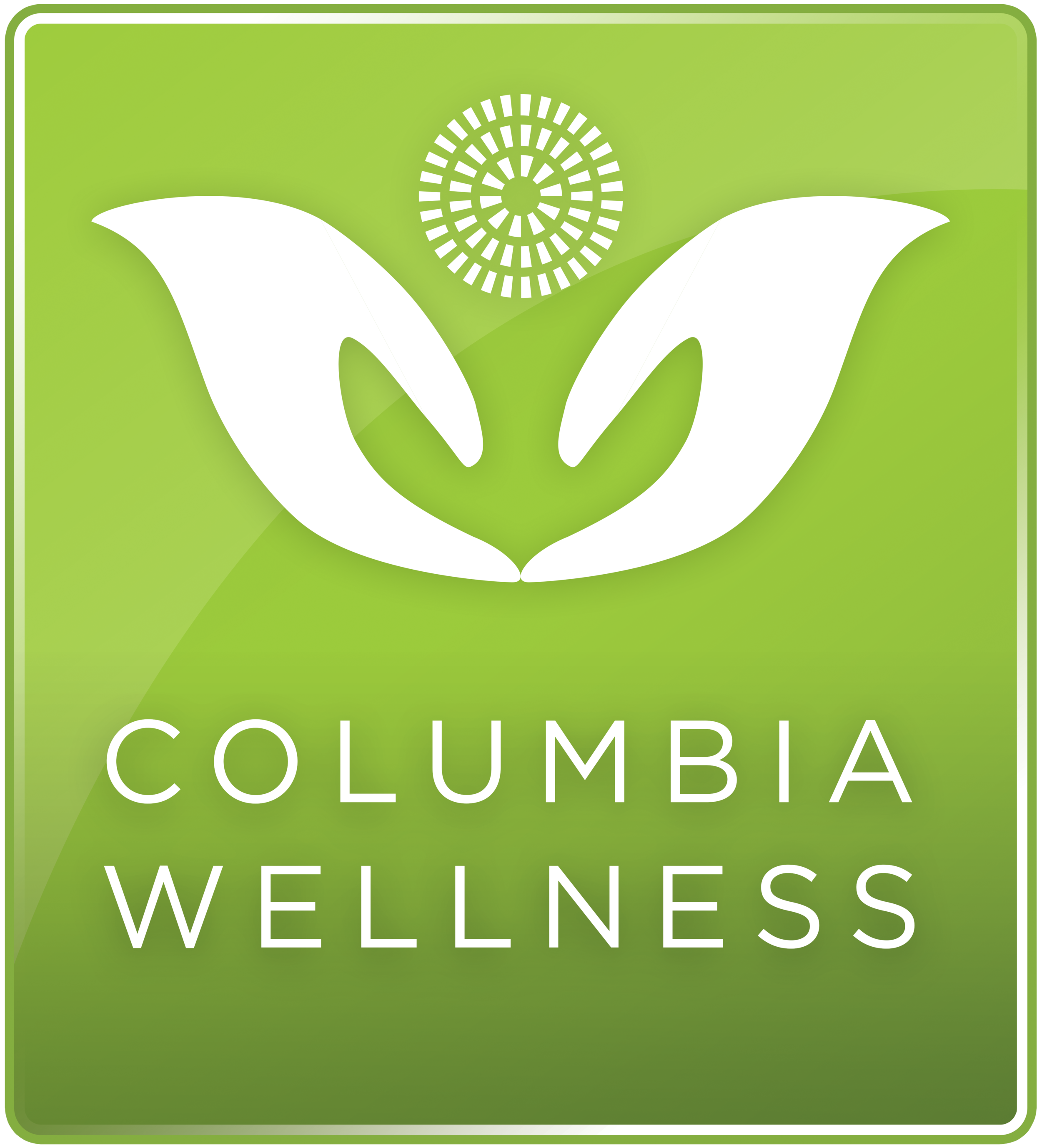All of us in the mental health community need to raise our voices against stigma. Every day, in every possible way, we need to stand up to stigma. If you’re not sure how, here are nine ways to get started.
Read MoreWhen I became a parent at 38, I hoped for the best for my children’s mental health, but thought I was ready in case the worst should happen. I knew the risk in the family gene pool, but once my kids were born, so lively and bright and seemingly healthy, I thought that nothing bad could ever happen to either one of them.
Read MoreFor many, obsessive compulsive disorder means arranging kitchen cupboards in a neat order or liking clean things. People tend to use it as a descriptive term, “Oh, I’m so OCD about that,” in conversation, on buses and trains, where I can hear them. They see it as a form of comedy, or a throw-away statement that won’t be held or remembered anywhere. But I inhale it and let it settle, like an infection.
Read MoreWe seem far more comfortable talking about our physical health and dealing with physical injury, but with our mental health and mental fitness, it’s a different story.
Read MoreThe comedians talk about mental health and how it influences their performance in a new documentary.
Read More"Depression?" She asked, handing me the clipboard. "You don't look like you have that." Taken off guard, I awkwardly laughed and found a seat in the waiting room. I checked off my answers honestly and felt my body heating up. Her comment bounced around in my mind; the blatant assumption was upsetting me, and I couldn't tell if I was overreacting. I wondered, Should I tell the doctor? Or should I brush it off as an ignorant choice of words?
Read MoreAs a child, I watched my brother struggle for years. Mental health simply wasn’t a topic discussed much in the 1970s and 1980s, and my parents had few resources to turn to for help. I was 21 years old when my brother took his life; I understand firsthand what families go through and the impact of losing a loved one to suicide.
Read MoreWith college starting around the corner, a recent survey found 21% of college students were diagnosed with at least one mental health disorder, including 12% with anxiety and 11% with depression. By comparison the 2018 survey found 30% of college students were diagnosed with at least one mental health disorder in the last year, including 22% with anxiety and 18% with depression. This shows a significant increase and the need for more support for students, especially during times of increased stress.
Millennials are often referred to as the “anxious generation.” They were the first to grow up with the constant overflow of the Internet and social media. The Internet can make life better, but it can also make life complicated, as Millennials often compare their personal and professional achievements to everyone else’s.
Read MoreI don’t believe in hiding behind stigma and just telling him I’m tired. I’m upfront and honest, because I believe if we want to live in a society free of stigma, we have a moral obligation to educate our children.
Read MoreSocial media has allowed society to become more connected than ever. Over three billion people around the world use social media to engage with others, access the news and share information. In the U.S. alone, seven out of ten people are active social media users.
Read MoreIn the U.S. Mental illness impacts millions of families worldwide, and there’s simply no justification for stigma.
Though it isn’t the rule, sometimes Hollywood treats the subject with the respect and accuracy it merits, while still delivering quality entertainment.
Here are 10 of the best films about mental health ever made. All of these titles are available for rent and purchase on major streaming services like iTunes, Netflix, Hulu and Amazon.
Read MoreDepression is a very serious mental illness that often goes unnoticed for years. People with concealed depression are battling demons within themselves all on their own. They are not sharing their struggles and do not want to burden those around them.
Read More I had no idea what had just happened to me and hoped those feelings wouldn’t come back.
Unfortunately, they did.
Being in a relationship with someone you love can be beautiful. It can also be difficult, as you face the hurdles of everyday life. But if your partner struggles with mental illness, those issues can become much more intense for both of you. Understanding the needs of someone with mental illness is challenging. And you may not know how to support your partner living with mental illness while caring for your own needs, too. Here are a few ways you can achieve that balance.
Read More“Providing individuals and families with expert medical and behavioral healthcare today helps families fortify a foundation of hope and opportunity for tomorrow.”
Read MoreIf you find a loved one is in the middle of a mental health crisis, the response is the same as if they were experiencing a medical emergency. Call whatever emergency medical services are necessary.
Read More. Inpatient services are provided at a Columbia Wellness campus and provide the greatest access to talent, equipment, and personnel while also maximizing the availability of those resources.
Read MoreInsurance companies, and medical practitioners, have advocated preventative visits for decades as a more effective way of taking care of yourself. Illnesses and issues are easier to treat the less advanced they are, and the additional time allows for more options to be explore in case something doesn’t work for a particular patient.
Read MoreMental health is an extremely personal issue, but non-personal factors can play a huge part in effecting an individual’s mental health
Read More



















